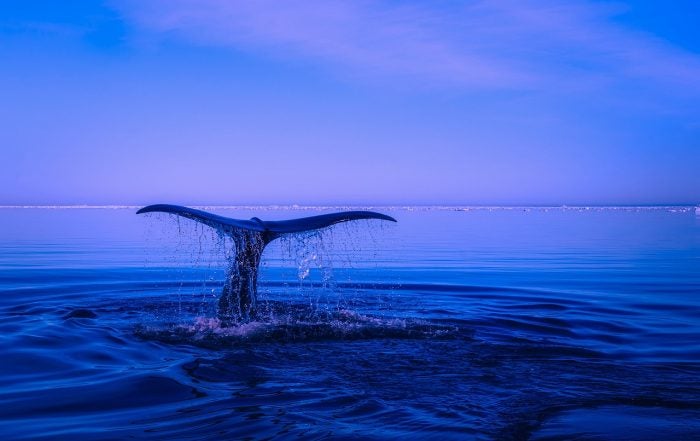Home » Biology (Page 16)
Category Archives: Biology
A Breakthrough in Breast Cancer Treatment
Exciting, new gene therapy treatments for breast cancer are on the verge of making a breakthrough. With proper funding, these procedures could reduce the need for the surgical removal of organs. By Rayan Kaakati, Neurobiology, Physiology, and Behavior Being born female automatically enters one in a game of Russian roulette: About 1 in 8 women […]
Learning from Drought in California: Past and Present
By Marisa Sanchez, Molecular and Cellular Biology, ’15 The most current drought in California is considered to be one of the worst droughts in the past century, and many wonder if this severity is due to climate change. However, California has had a long history of unpredictable weather fluctuations, and is familiar with severe droughts. […]
Viruses and the Global Metabolic Pathway
By Oyang Teng, Biological Sciences ’14 Microbes are the planetary engineers of the biogeochemical cycles that sustain all life on earth. At the molecular scale, the biological turnover of such key elements as hydrogen, carbon, oxygen, nitrogen, iron and sulfur depends on the enzymatic transfer of electrons from reduced (electron-donating) to oxidized (electron-accepting) forms of these […]
Arabidopsis – Model Organism
By John Tran, Biochemistry & Molecular Biology ’14 Have you ever wanted to learn more about the plant model organism? Plants have many unique properties that make them especially important to all aspects of life. They provide oxygen, food, and energy, so you could imagine that there are many cellular and molecular processes that are […]
When the Last Frog Croaks
By Renata Vidovic, Evolution and Ecology ’15 To some, the phrase climate change evokes images of dry lakes, melting icebergs, and rising oceans. However, the effects of global warming are not simply cataclysmic geological changes. There are links between all biotic and abiotic features of an ecosystem. Unsurprisingly, climate change has an immense impact on […]
Is your spit making you fat?
One of the central pursuits of modern human genetics is to move beyond genomic correlation. That is, to demonstrate experimentally why a specific genetic variant may be associated with a disease. New work in Nature Genetics from an international team lead by Philippe Froguel at Imperial College in London does just this – demonstrating an […]
Viral Evolution
By Mubasher Ahmed, Genetics ‘15 Viral evolution is an emerging field in biology that has great implications for human health. T7 is a phage virus, meaning it infects bacteria, and is a powerful model system in evolutionary virology. In a recent experiment, a team of biologists sought to understand the degree to which genetic elements […]
Origin of the Y Chromosome
By Marisa Sanchez, Molecular and Cellular Biology ‘15 The genomes of male and female mammals differ by one chromosome. The Y chromosome is only present in males, and is responsible for initiating the physiological and morphological differences between the sexes. This has not always been the case though; at one point, the X and Y […]
“No Ecosystem is an Island”
By Daniel Friedman, Genetics ’14 For years, ecologists have modeled the biodiversity of natural forests as if they were oceanic islands, adrift in an unlivable sea of humanity. However, research published in April in Nature by C. Mendenhall et al. suggest that this is not the most accurate or predictive way to think about these pockets […]
Grass-fed or grain-fed?
By Jenny Cade, Biochemistry & Molecular Biology ’15 Eating grass-fed beef and pasture-raised chicken is the eco-friendly thing to do–right? Maybe not, according to a recent paper published in the Proceedings in the National Academy of Science. The study proposes that intensifying livestock production by transitioning from pure grazing to mixed systems–where animals are fed […]

